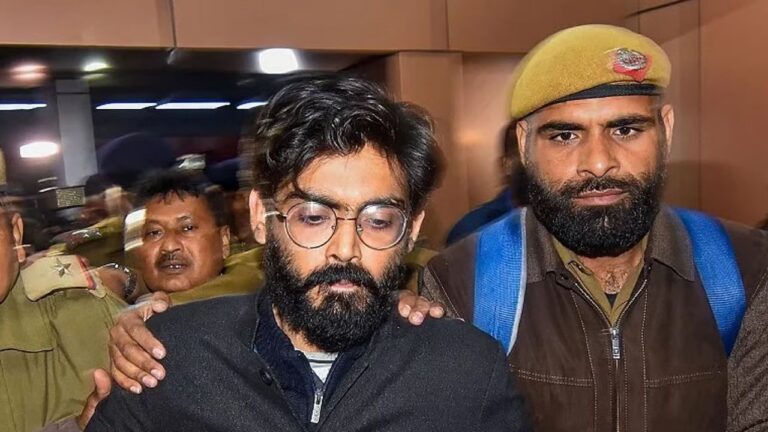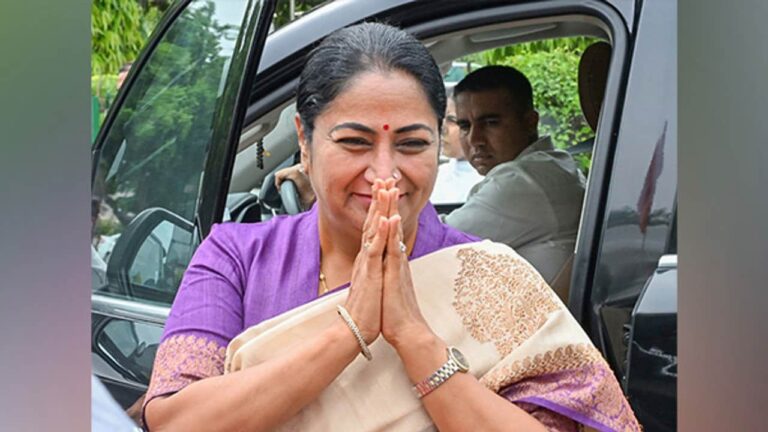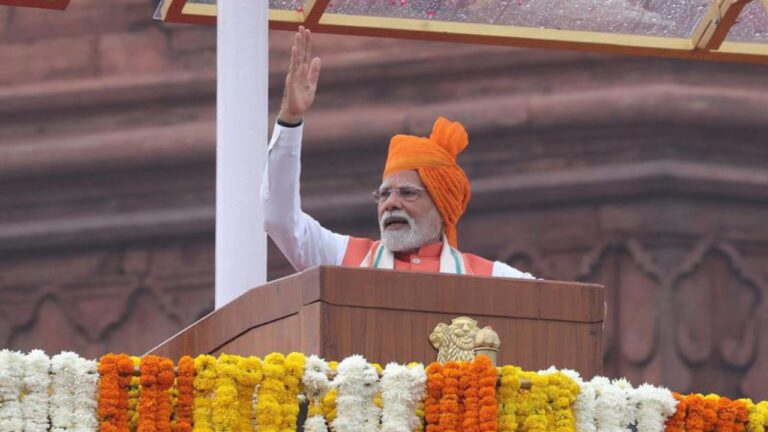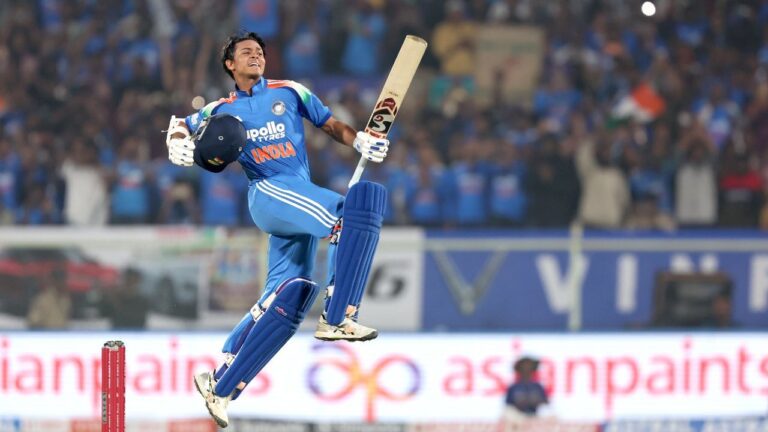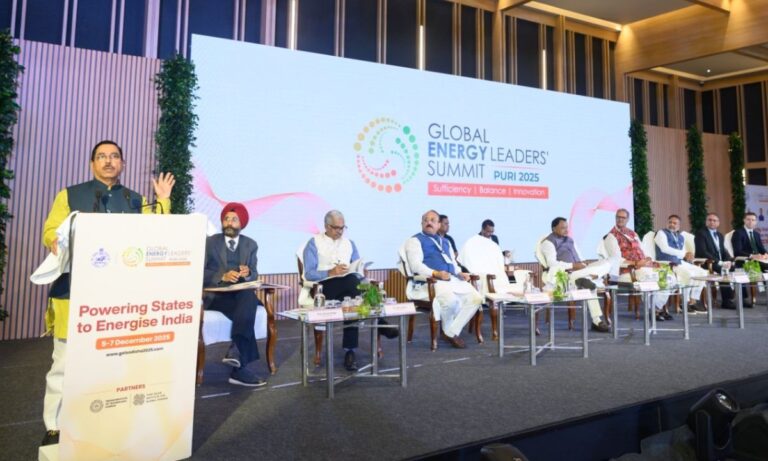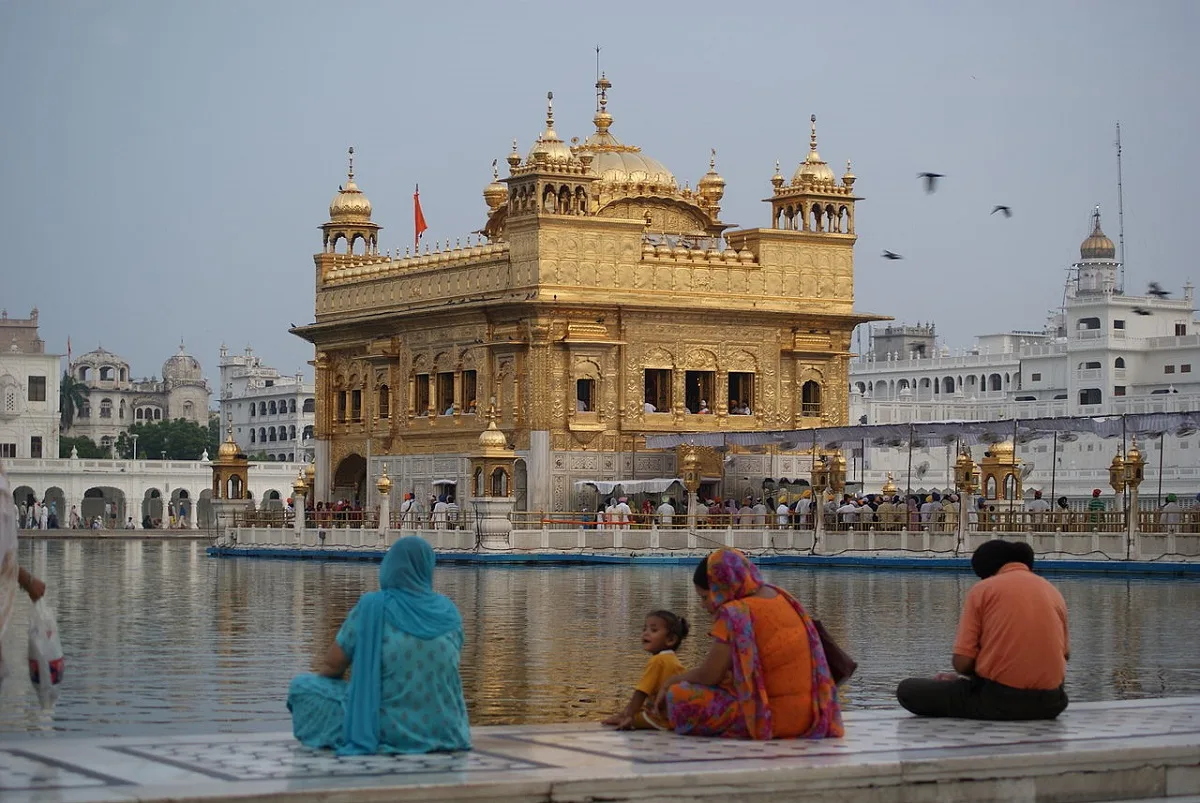
Sehajdhari Sikhs are once again at the forefront of Punjab’s political landscape, intensifying their demand for voting rights within the Shiromani Gurdwara Parbandhak Committee (SGPC) as the parliamentary elections loom ahead. This resurgence comes with the backdrop of the alliance between the Shiromani Akali Dal (SAD) and the Bharatiya Janata Party (BJP) no longer being intact, offering a glimmer of hope for the Sehajdhari Sikhs’ cause.
The SGPC, established under the Sikh Gurdwara Act of 1925, wields significant influence, overseeing the management of numerous Sikh Gurdwaras across Punjab, Himachal Pradesh, and Chandigarh, often referred to as the “mini parliament of the Sikhs.” Comprising 180 members, the SGPC election process currently excludes Sehajdhari Sikhs, who are Sikhs adhering to the faith but may not follow all the traditional Sikh customs such as maintaining the five Ks.
The Sehajdhari Sikh Party (SSP), a political entity advocating for the voting rights of Sehajdhari Sikhs since 2003, has launched a statewide campaign to garner support from various political factions. This initiative gains traction as the response from Keshdhari Sikhs, who strictly adhere to Sikh customs, dwindles in voter registrations for the upcoming SGPC elections compared to previous years.
Dr. Paramjeet Ranu, the national president of SSP, emphasizes the significant population of Sehajdhari Sikhs in Punjab and underscores the necessity of their inclusion in the SGPC electorate for genuine representation. However, Harbhajan Singh, the press secretary of the SGPC, refrains from commenting on the matter, citing its sub judice status.
The legal battle over the voting rights of Sehajdhari Sikhs has been ongoing, with challenges posed to amendments made in 2016 that excluded them from voting in SGPC elections. Dr. Ranu accuses the previous Akali leadership of influencing this amendment, but with the SAD-BJP alliance dissolved, there’s renewed optimism among Sehajdhari Sikhs for a favorable outcome.
The SSP’s recent legal move to halt the registration of fresh voters for the SGPC elections until the resolution of the voting rights issue in court has stirred the legal arena. The Punjab and Haryana High Court has issued notices to the Union of India, Punjab, and SGPC, setting the stage for a critical judicial review.
Sehajdhari Sikhs, historically part of the Sikh electoral process, now find themselves embroiled in a struggle for recognition within the apex Sikh body. As Punjab braces for political shifts in the upcoming elections, the demand for inclusivity within the SGPC reflects broader aspirations for representation and democratic participation among Sehajdhari Sikhs.
